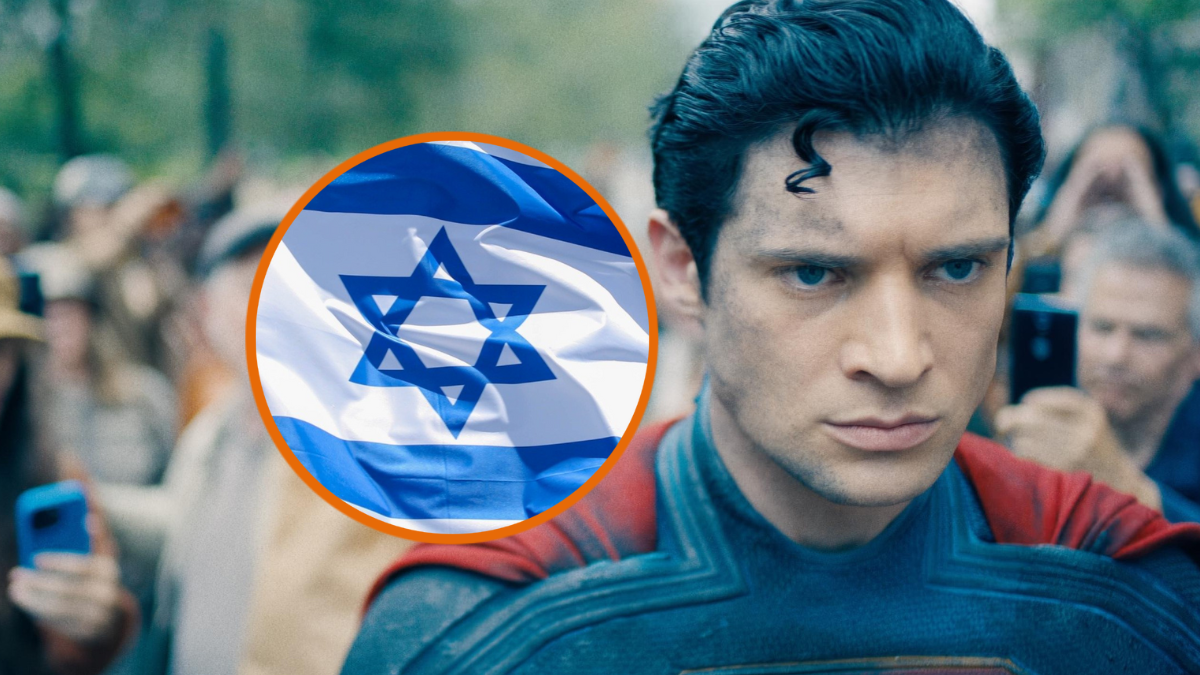3) There Are Consequences To Superman’s Actions

This is a function of Zack Snyder’s commitment to realism, as delineated in point #1, but I want to go further. The reason that this matters is that because Superman’s actions have consequences, and we see them from the beginning, we learn to condemn unnecessary destruction, and recognize the tragedy of accidental or necessary destruction.
In a world like our own, where it takes thirteen movies in another superhero franchise before those kinds of consequences come due, that’s extremely unusual. But, in a world like our own, a focus on the tragedy of violence is, I believe, a good thing.
[zergpaid]In Zack Snyder’s canon, violence, though necessary, is tragic in a Superman story. That differentiates Superman from every other present superhero franchise. The superhero movie “genre” is rife with stories where physical violence is the only way to resolve a conflict. But here, where violence exists, so do consequences, and those consequences render the violence into tragedy.
And, in the end, the cycle of violence – as represented in Batman V Superman – is broken by risking or sacrificing one’s life for an innocent. When Lois jumps in to defend Superman from Batman at the last moment, she crystallizes the moment of redemptive realization in Bruce. This leads to Bruce ceasing his violence against Superman. A little later on, Superman sacrifices himself to save Metropolis and Gotham from the rampaging Doomsday. This sacrifice ‘redeems’ him in the eyes of the public.
Additionally, Lois Lane’s nonviolent presence in the film is an incredibly important thematic element.










Published: Sep 3, 2016 01:48 pm